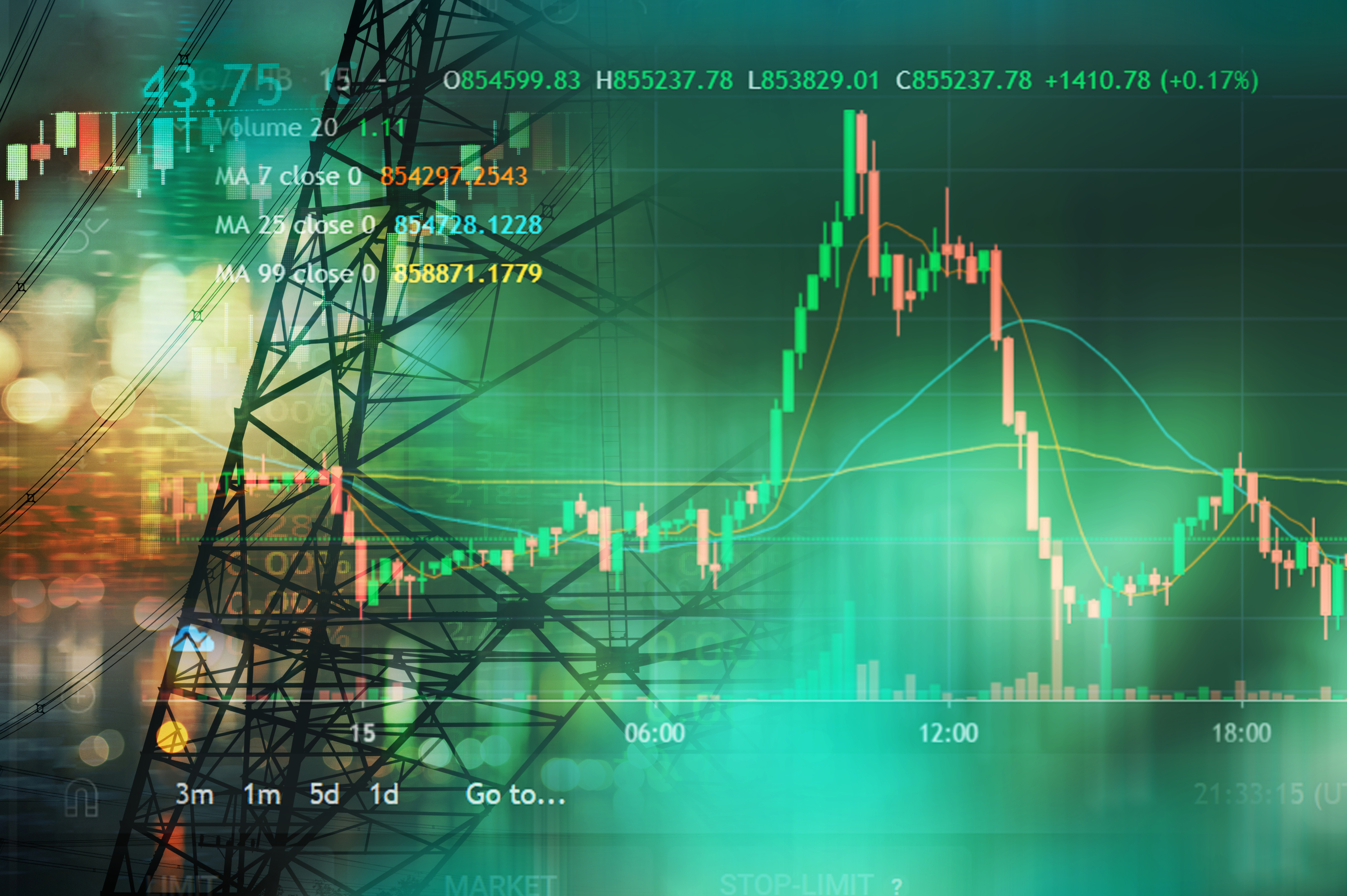Reducing energy use in nurseries and day care without disruption
You feel the squeeze every month. Heating needs to stay on, rooms must stay cosy, meals need cooking and laundry never stops. Children come first,...
2 min read
 Stephanie Beadling
Aug 27, 2025 4:20:41 PM
Stephanie Beadling
Aug 27, 2025 4:20:41 PM

But behind that one decision sits something much bigger: a fast-moving wholesale market where prices can shift in hours and timing can mean the difference between overpaying and staying in control.
For many businesses, especially in today’s climate, that timing matters more than ever.
Before it reaches your business, energy is traded, bought and sold in the wholesale market by suppliers, based on constantly changing conditions.
Those prices respond to all kinds of external pressures: the weather, demand across Europe, political unrest, supply chain issues, and even global gas prices. It’s not just unpredictable, it’s relentless.
Trying to keep up with it isn’t something most businesses have time for. And yet, the rate you lock in can affect your budget for months or even years.
Fix your contract when the market’s unusually high, say, during a cold snap or global supply squeeze and that’s the rate you’re tied to, long after conditions settle down.
For smaller businesses or finance teams already stretched thin, that kind of hit can feel unfair. But without access to real-time data or market analysts, how would you know?
This is why more businesses are turning to energy baskets. Not because it’s trendy but because it’s built to be a bit more resilient when things get unpredictable.
An energy basket is a way to pool your purchasing with other businesses, giving you access to wholesale trading expertise and smarter buying strategies.
But the key difference is how the energy is bought.
Instead of fixing 100% of your contract on a single day, it’s purchased in stages (called tranches), spread over time. That way, you’re not at the mercy of a single market high or low.
An energy basket won’t suit everyone but for businesses that want more flexibility during uncertain times, it can offer some real advantages:
Let’s say a cold front hits Europe and wholesale prices surge for a week. If you were due to fix your contract that same week, you’d likely be stuck paying above the odds.
But in a basket, only a portion of your energy would be bought during that spike. The rest would be secured later when prices ease off. It’s not perfect, but it can prevent that one bad week from defining your costs for the next twelve months.
No and it’s important to be clear on that.
Basket strategies are risk-managed and backed by trading professionals. They’re not about gambling or trying to “beat” the market. They’re about buying steadily, with purpose, and reducing exposure to big swings.
You don’t need to be an expert. You just need access to one.
If energy feels like a fixed cost, you have no real say in, it might be time to change that.
An energy basket doesn’t guarantee the lowest rate on any given day, but it can help avoid the worst. And over the life of your contract, that can be the difference between unpredictable bills and a setup you can actually plan around.
In a market that moves faster than most businesses can, having a strategy built for movement can make all the difference.
Find out how the Troo Buying Club energy basket works

You feel the squeeze every month. Heating needs to stay on, rooms must stay cosy, meals need cooking and laundry never stops. Children come first,...

You juggle safety, warmth, happy faces, staff rotas and a budget that never stretches quite far enough. Energy prices and parent expectations haven’t...

Long hours, temperature-sensitive spaces and constant pressure on service can leave energy low on the to do list. Still, when comfort slips, guests...